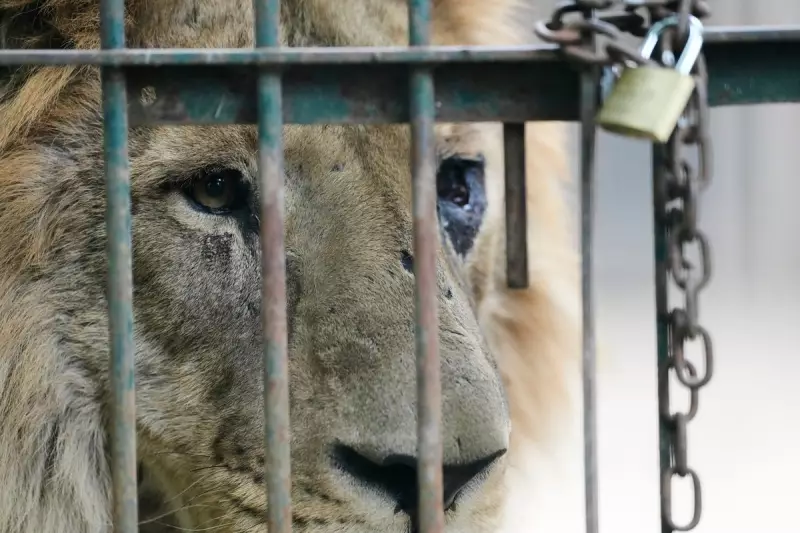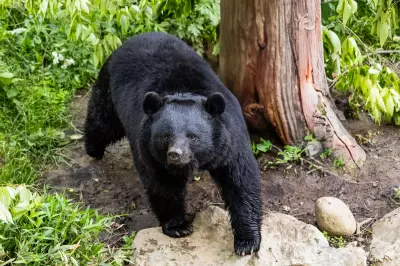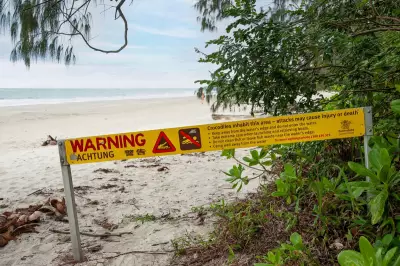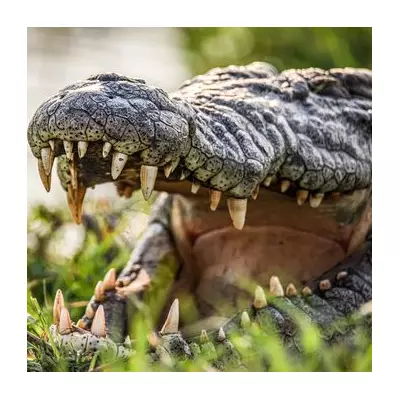
Authorities in Argentina have taken the drastic step of permanently closing a notorious zoo after inspectors made heartbreaking discoveries during a routine visit. The Luján Zoo, located in Buenos Aires province, has been stripped of its operating licence following the uncovering of what animal welfare officials are calling "deplorable conditions."
Shocking Animal Conditions Revealed
During an unannounced inspection, officials found multiple animals suffering from severe malnutrition and living in completely inadequate enclosures. Among the most distressing cases were several lions reduced to skin and bone, their majestic frames weakened by hunger. Bears were discovered in similarly poor health, with visible ribs and lethargic behaviour indicating long-term neglect.
The inspection team documented numerous violations of animal welfare standards, including:
- Insufficient and poor-quality food provisions
- Inadequate veterinary care
- Overcrowded and unsanitary living conditions
- Lack of proper environmental enrichment
- Failure to meet basic habitat requirements
Long-standing Controversy
This isn't the first time the Luján Zoo has faced scrutiny. For years, animal rights organisations had been campaigning for its closure, citing numerous welfare concerns and outdated practices. Local activists had documented previous instances of neglect and had been pushing authorities to take action.
"This closure represents a significant victory for animal welfare in Argentina," stated a representative from a local animal rights group. "These sentient beings have endured unimaginable suffering, and finally they will receive the proper care they deserve."
What Happens Next for the Animals?
The immediate priority for authorities is relocating all affected animals to appropriate sanctuaries and rehabilitation centres. Animal welfare experts are carefully assessing each creature to determine their specific needs and identify suitable new homes where they can recover physically and psychologically.
Several international animal rescue organisations have offered assistance in the relocation process, ensuring that species-specific requirements are met and that animals are transported with minimal stress. The recovery process for some of the more severely affected animals is expected to take months, if not years.
This case has reignited the global conversation about zoo standards and animal welfare regulations, prompting calls for stricter enforcement and more frequent, unannounced inspections at similar facilities worldwide.





